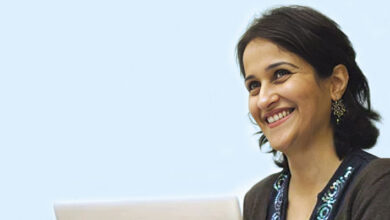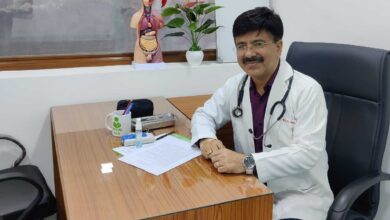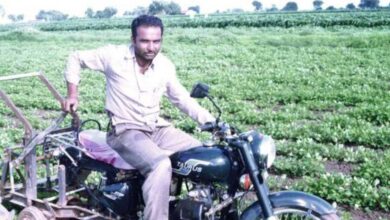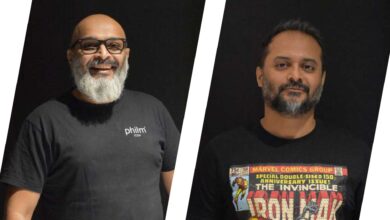Deccan College – Third Oldest Educational Institute In India
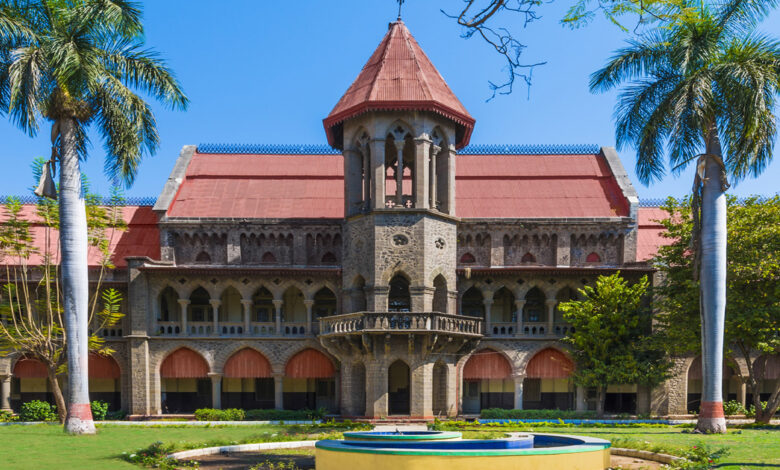
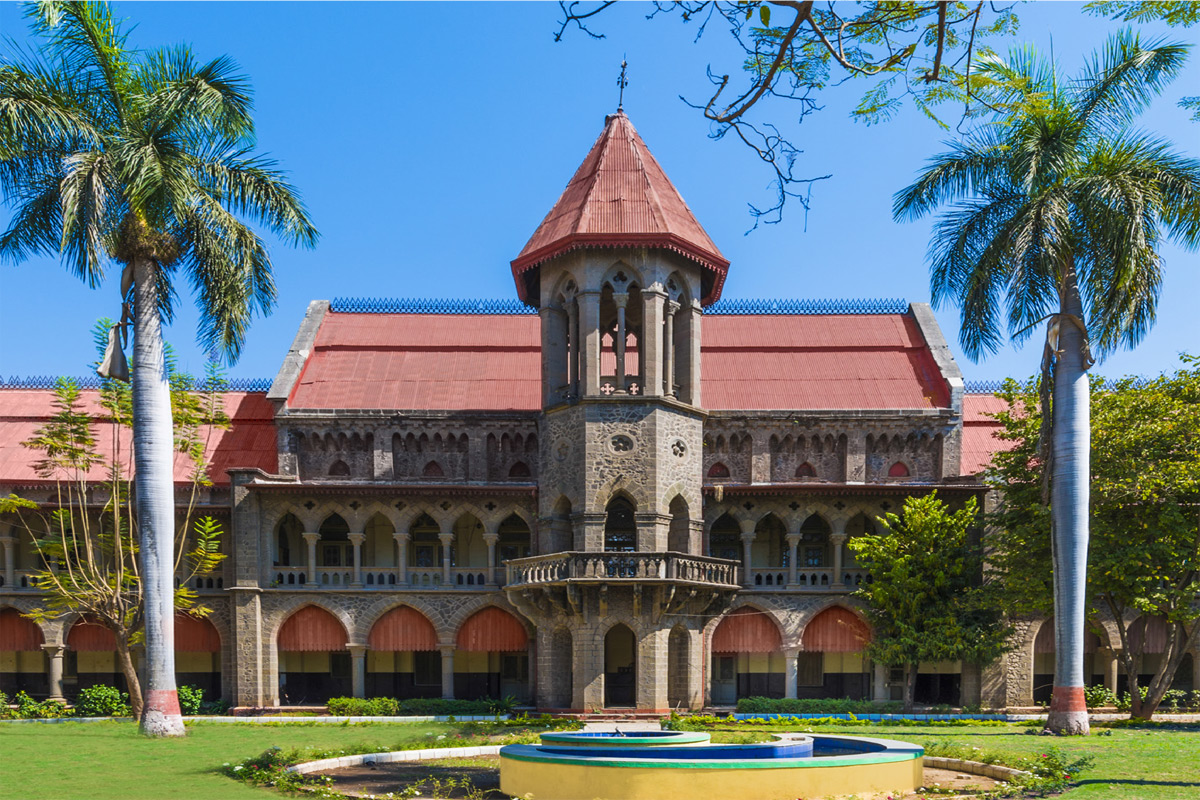 The Deccan College, Post-Graduate and Research Institute, Pune is the third oldest educational institute in India. The Hindoo College was started on 6th October 1821 by the Bombay Presidency Government at the initiative of its Governor, Mountstuart Elphinstone by using the Dakshina Fund, which was started by Khanderao Dabhade, a Maratha Sardar and continued by the Peshwas for propagating Sanskrit studies.
The Deccan College, Post-Graduate and Research Institute, Pune is the third oldest educational institute in India. The Hindoo College was started on 6th October 1821 by the Bombay Presidency Government at the initiative of its Governor, Mountstuart Elphinstone by using the Dakshina Fund, which was started by Khanderao Dabhade, a Maratha Sardar and continued by the Peshwas for propagating Sanskrit studies.
This is the only University Department in the country which provides for the combined study of Lexicography along with Sanskrit studies
This College grew from strength to strength and has emerged as a foremost institute in the world of higher learning and research. It was renamed the Poona College on 7th June 1851 and later the Deccan College in October 1864. The Deccan College was shifted to the new campus covering an area of 115 acres near Yerawada on 23rd March 1868. With the help of a munificent grant of Rs. 1 lakh donated by Sir Jamsetjee Jejeebhoy; the main building of the College was built in beautiful Gothic architecture. The Deccan College has, since then, produced a galaxy of students who rose to positions of excellence in various walks of life. They include Sir Ramkrishna Gopal Bhandarkar, the celebrated Indologist; Lokmanya Bal Gangadhar Tilak, the great nationalist leader; Gurudev Ramchandra Daratreya Ranade, the eminent philosopher; Gopal Ganesh Agarkar, the great social reformer; Vishwanath Kashinath Rajawade, the famous historian; Dr. Dwarkanath Kotnis, the famous Indian medical prisoner who rendered yeoman service in China, etc.
The College was closed down by the British Government in 1934, but because of the efforts of the past students and the public-spirited citizens, it was reopened on 17th August 1939 as Deccan College, Post- Graduate and Research Institute, by the Transfer Deed, passed by the Hon’ble Bombay High Court. The past students association of this University is growing in strength and actively participates in the development of the University.
As per the Transfer Deed, the State Government was asked to run the Institute in perpetuity. Subsequently, two bodies came into existence – The Deccan College Poona Trust, as the custodian of the landed property, and the Deccan College, Post-Graduate and Research Institute to take care of the Institute’s academic activities. In the next half-century, the University, apart from giving instruction to Postgraduate students and producing a galaxy of PhD Dissertations, carried out outstanding research in Ancient Indian History, Culture and Archaeology, Linguistics, Medieval and Maratha History, Sociology, Anthropology, and Sanskrit studies. Eminent scholars such as the late Professors S. M. Katre, H. D. Sankalia, Tarawa Karve, C. R. Sankaran, T. S. Shejwalkar, and their colleagues and successors such as Professors A. M. Ghatage, M. A. Mehendale, S. B. Deo, M. K. Dhavalikar, etc.
The Department of Archaeology
The premier centre for teaching and research in archaeology in South Asia was founded by the late Professor H.D. Sankalia in 1939. This department pioneered the development of research in Paleolithic Archaeology, Protohistoric Archaeology, and Scientific Archaeology in India. At present, we have experts in Ancient Indian History, Culture, Prehistory, Protohistory, Medieval Archaeology, and related branches of Cultural and Biological Anthropology, Geoarchaeology, Paleontology, Archaeobotany, Paleopalynology, Archaeozoology, Archaeological Chemistry, and Computer Science. Since its beginning, a large number of field-based research programs were undertaken in various parts of the country. Some of the major excavations are as follows: Paleolithic – Chirki, Morgaon, (Maharashtra); Bhimbetka, Samnapur, Tikoda (Madhya Pradesh); 16 R Didwana, Singhi Talav (Rajasthan), Anagwadi, Hunsgi, Isampur (Karnataka).
Protohistoric and Historic – Nevasa, Inamgaon, Naikund, Mahurjhari, Chaul, Kolhapur, Daulatabad, Junnar, etc. (Maharashtra); Navdatoli, Kayatha, Tripuri (Madhya Pradesh); Somnath, Kuntasi, Kotada Bhadli, Prabhas Patan, Padri (Gujarat); Ahar, Bogor, Balathal, Gilund (Rajasthan); Farman, Girawad, Mitathal, Rakhigarhi, Karsola (Haryana); Budihal, Tekkalkota, Hallur (Karnataka); Sisupalgarh, GolbaiSassan, Harirajpur (Odisha).
The thrust areas of the department are Ancient Indian History, Culture, Prehistory, Protohistory, Historical and Medieval Archaeology, and Cultural and Scientific Archaeology. The department approaches archaeology from a multidisciplinary perspective and has sophisticated laboratory facilities.
This is the only University Department of Archaeology in the entire country which has well-equipped laboratories under one roof for Archaeological Sciences such as Chemistry, Palynology, Archaeozoology, Archaeobotany, Biological Anthropology, Geoarchaeology, Sedimentology, Paleontology, Physical Chemistry, X-Ray Diffraction, and Computing. These laboratories carry out scientific analyses of archaeological remains recovered from various excavations. Their services are extended to other insertions in the country including the Archaeological Survey of India and the State Departments of Archaeology.
The department has a very strong doctoral research program. The topics cover all branches of Ancient Indian History, Culture, and Archaeology on an Indian basis. 256 PhD dissertations have been completed since 1944.
In view of the excellent pioneering work carried out by the department in the fields of Ancient Indian History, Culture, and Archaeology, the University Grants Commission granted it the status of a department of Special Assistance in 1972. This special status was upgraded to that of a Centre of Advanced Study in Archaeology in 1985. This status has been maintained by department till today. The department was also selected by the UGC for the implementation of Assistance for Infrastructure in Humanities and Social Sciences (ASIHSS) in 2003. In 2014, the department has been upgraded to the Centre of Advanced Study in Archaeology (CAS-V) by the University Grants Commission.
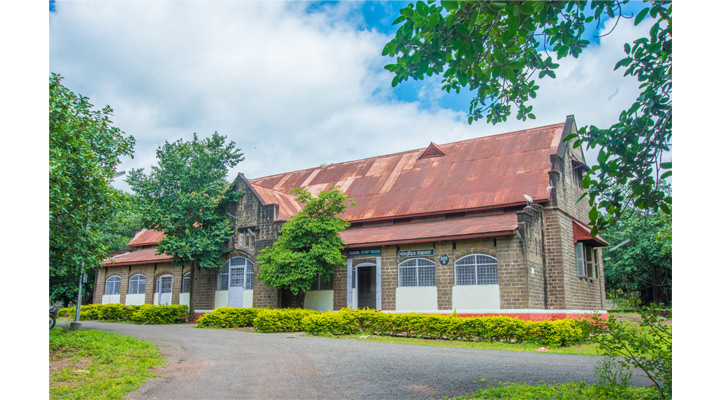
About Department: Linguistics
The Department of Linguistics, founded by the late Professor S.M. Katre in 1939, is the oldest Department of modern Linguistics in India. From 1939 to 1956 the department functioned as a Research Department known as the Department of Indo-European Linguistics, awarding PhD Degrees and conducting research projects. The M.A. Linguistics program began in 1958. The department has played a pioneering role in developing modern Linguistics in India. In 2008, the department celebrated the Golden Jubilee of the first Post-Graduation program in Linguistics in India. In 2011, the department was selected by the UGC for the award of the Special Assistance Programme (SAP).
Post-independence, the development of Indian languages and dialects of the four language families became an urgent need since these were expected to take on the responsibility of serving as vehicles of both literary and scientific works and in due course of time to function as media of education and instruction. The state of linguistics studies in Indian universities at time was not adequate to handle such problems and the need to expand, modernise, and reorient language studies became a pressing need. Under the circumstances, a lead was taken by Poona University by calling a conference in 1953 to discuss these issues in addition to the urgent problem of a common medium in Indian universities. This was followed by another conference called by the Deccan College for developing linguistic studies in the universities with the specific purpose of applying their findings to problems of cross-cultural communication. As a consequence of these two conferences, the Deccan College started a large-scale language project with a magnificent grant made by the Rockefeller Foundation of New York over a period of six years (1954-1960). Under the able guidance of Prof. Sumitra Mangesh Katre, Deccan College, Pune spearheaded in the 1960s the firm establishment of the modern discipline of Linguistics in India. To popularise this discipline, summer, autumn, and winter schools of six weeks duration were conducted in Deccan College and in various other parts of the country starting from 1954.
Building on the popularity of this new discipline in India, a Post-Graduate Diploma in Linguistics was started at this institute in 1956. Prominent scholars in Indian linguistics today were among the participants of the Diploma course. The year 1958 saw the beginning of a formal post-graduate degree course in Linguistics at the Deccan College, the first in India of this kind in this field. In the years that have followed, alumni of this institute have gone forth and established departments of Linguistics in various Institutions and Universities in the country. After the Rockefeller funding came to an end, the UGC took over the responsibility of continuing the development by granting the first Centre of Advanced Study in Linguistics in 1963 and this status continued till 1973.
Since 2011, the UGC-SAP has given a huge fillip to research activities in the Department. Faculty and students in the department have set up individual projects on the theme of language contact (especially across language families) including the following contact situations: Marathi- Kannada, Marathi-Telugu, Marathi- Kolami, Marathi-Nahali, Gondi- Hindi, Galo-Hindi, Khasi-English, Marathi-Hindi in Nagpur, Konkani-Marathi and Arunachali Hindi. The Department has also organised national and international conferences/ seminars on the same theme in recent years.
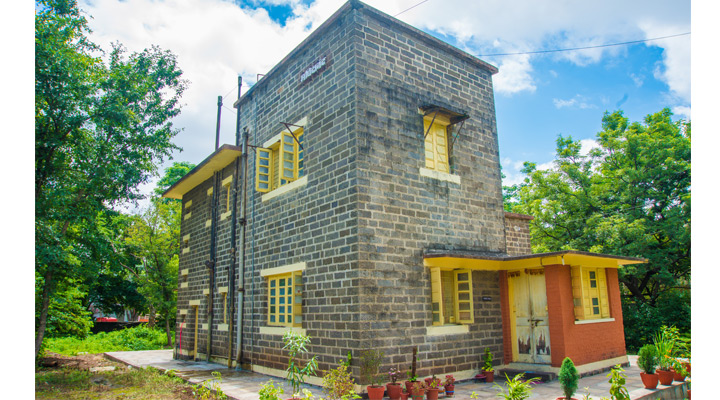
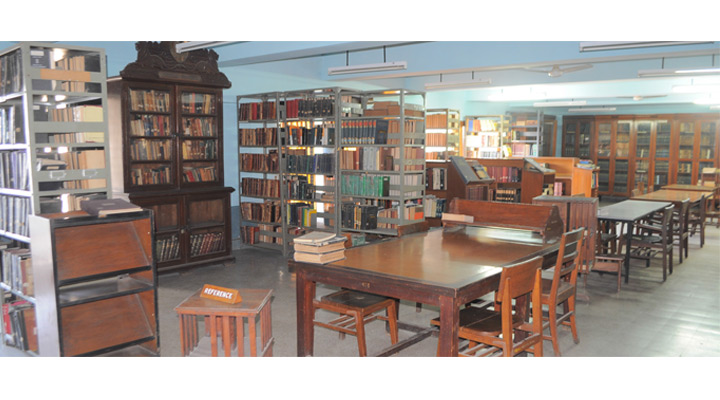
About Department: Sanskrit and Lexicography
The Department of Sanskrit and Lexicography is aimed at diffusing scientific knowledge in the areas of Sanskrit and Lexicography. Deccan College has a long illustrious tradition of Sanskrit studies. 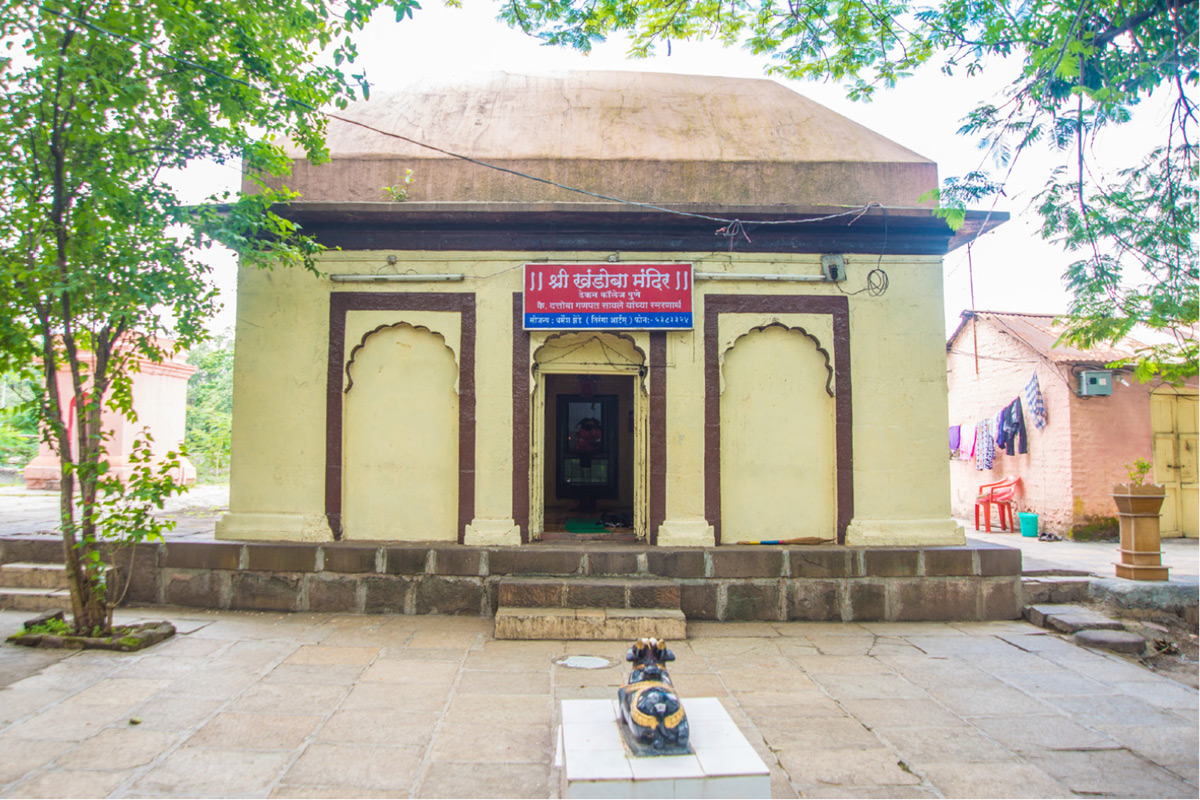
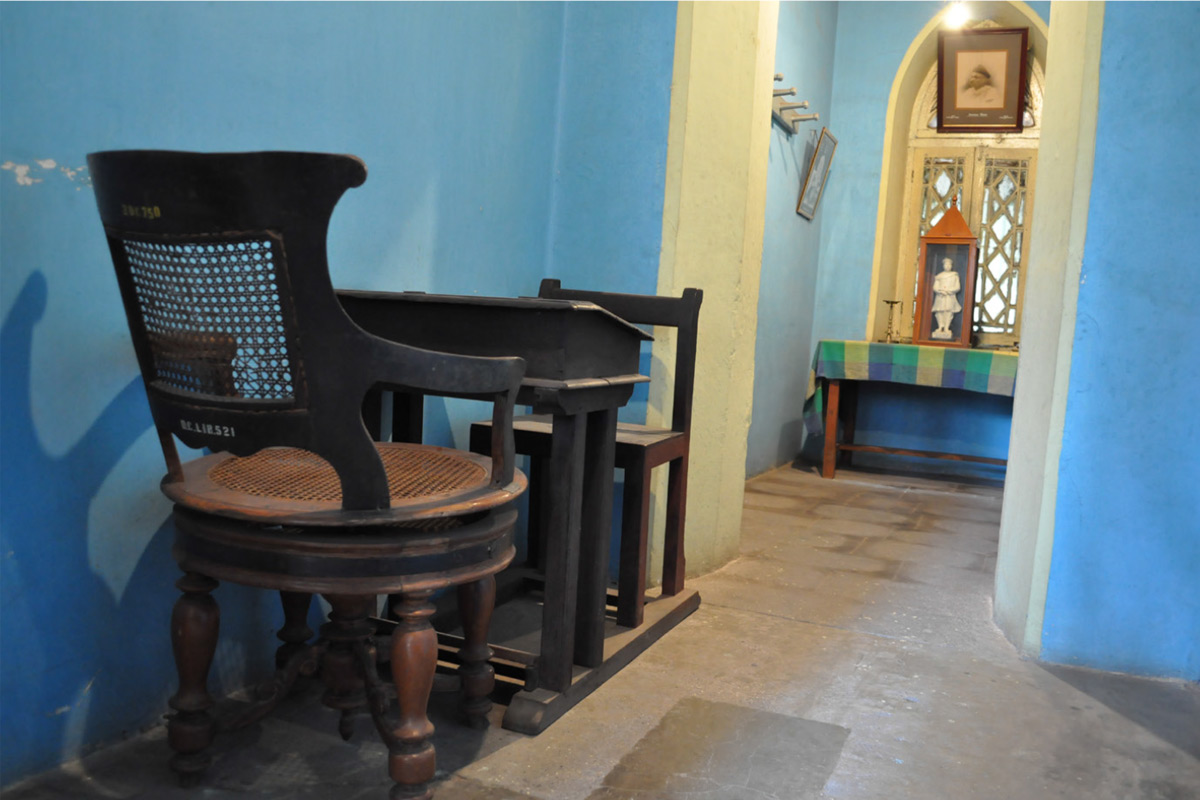 It started as Hindu College in 1821 where all branches of Sanskrit were studied. The Department of Sanskrit and Lexicography presently offers M.A. and PhD degree courses in Sanskrit and Lexicography. The Department has professional expertise. The faculty consists of experts well-versed in various fields such as Veda, Vedānta, Vyākaraṇa, Śrauta, Mīmāsā, Sāhitya, Nyāya, Astronomy, DramaturgyDharmaśāstra, Arthaśāstra, Buddhism, Jainism, Tantras, etc. Also, the staff is highly experienced in the domain of Sanskrit Lexicography as they have been working on the monumental project of ‘An Encyclopedic Dictionary of Sanskrit on Historical Principles.’ Deccan College has a huge Library containing a large number of books and journals. It also has a rich collection of manuscripts in Sanskrit numbering over ten thousand which itself is an asset for scholars in different fields of research. The Department imparts instruction and conducts research in all the branches of Sanskrit Literature. This is the only University Department in the country that provides for the combined study of Lexicography along with Sanskrit studies.
It started as Hindu College in 1821 where all branches of Sanskrit were studied. The Department of Sanskrit and Lexicography presently offers M.A. and PhD degree courses in Sanskrit and Lexicography. The Department has professional expertise. The faculty consists of experts well-versed in various fields such as Veda, Vedānta, Vyākaraṇa, Śrauta, Mīmāsā, Sāhitya, Nyāya, Astronomy, DramaturgyDharmaśāstra, Arthaśāstra, Buddhism, Jainism, Tantras, etc. Also, the staff is highly experienced in the domain of Sanskrit Lexicography as they have been working on the monumental project of ‘An Encyclopedic Dictionary of Sanskrit on Historical Principles.’ Deccan College has a huge Library containing a large number of books and journals. It also has a rich collection of manuscripts in Sanskrit numbering over ten thousand which itself is an asset for scholars in different fields of research. The Department imparts instruction and conducts research in all the branches of Sanskrit Literature. This is the only University Department in the country that provides for the combined study of Lexicography along with Sanskrit studies.


